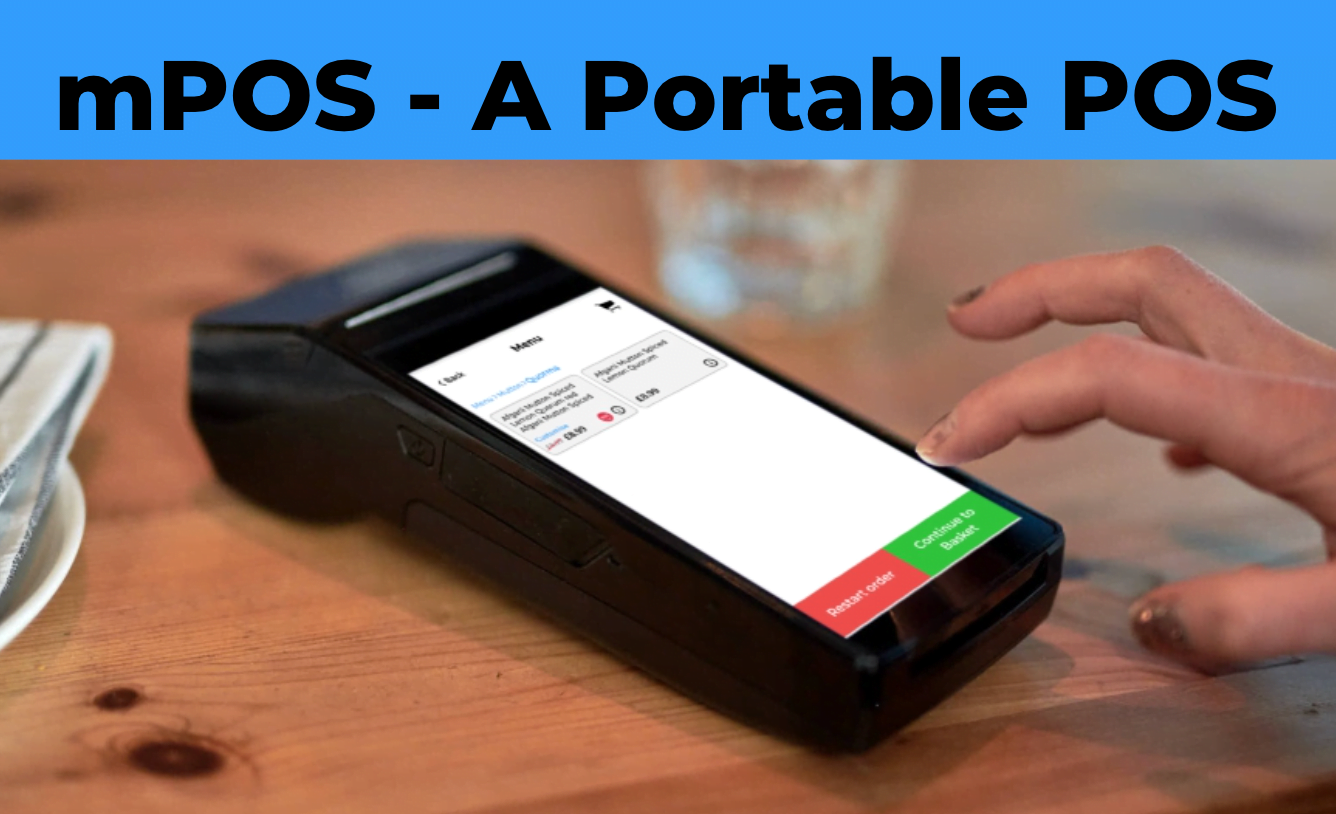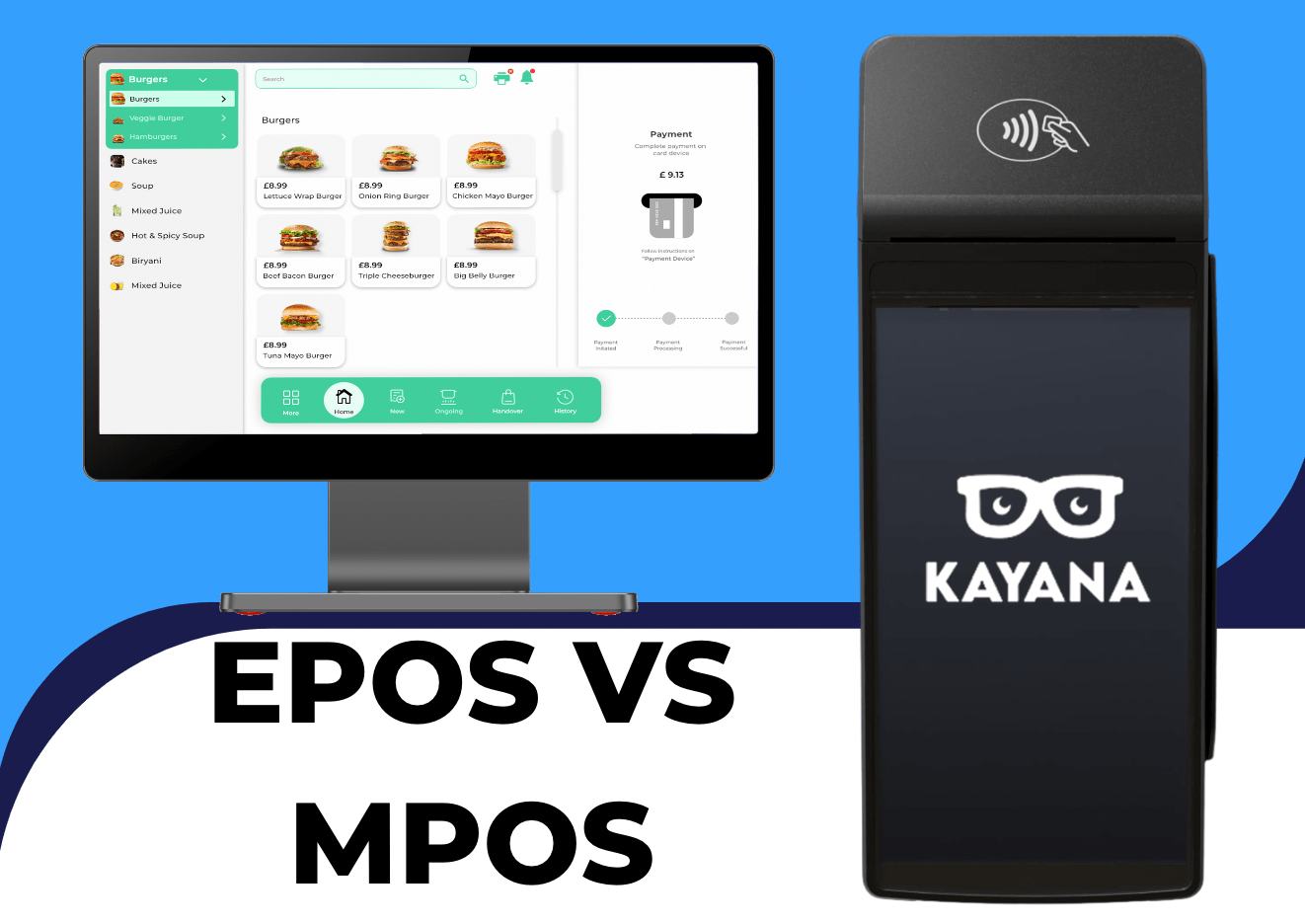The spread of Omicron variant has brought new rules to light in the UK, such as asking restaurants to implement Table Service.
Constantly changing covid rules in England and Wales have left many businesses closing early for Christmas. With estimated losses due to cancellations costing the UK economy as much as £8 billion in the festive period of 2021, we are all left scrambling to meet changing rules. We reviewed what these changes in rules are and how the implementation of table service could help businesses keep the doors open.
The omicron variant of the Covid virus is proving far more easily transferrable than the previous variant. It is worrying scientists because it has a propensity towards mutations, brought about by that high reproductive rate. Conservative estimates are that the virus is doubling in number of hosts every 2 days.
The Rules on Dining Out Over the 2021 Christmas Period
As it stands, these are the rules for dining out in restaurants, pubs, cafes, and hotels over Christmas. In England, the PM has stated that beyond wearing masks, further restrictions were unnecessary. People must have a negative test or a vaccine passport to attend large events.
In Wales, Covid rules are reducing groups of pub goers to 6 people or less. Two metre social distancing rules are returning, and licensed premises can only open if they use table service. This means taking orders at the table, instead of allowing your customers to queue. The BBC also reported that the Welsh Government are encouraging residents to take a lateral flow test before they meet others.
A spokesperson said, “All licensed premises will need to take additional measures to protect customers and staff, including table service and collecting contact details.” These new measures should protect the public and slow the spread of the virus though, as always, some remain critical.
Why Table Service is Preferred in the Face of Coronavirus
When you invite guests to your eatery, you want them to be as safe as possible. The Welsh government has asked Welsh restaurants to implement table service in their venues, as it is proved that it helps stopping the coronavirus spread by reducing the number of cross-contamination infections, that is why some UK restaurants have already been asked to implement table service in its venue to help stop covid transmission and keep customers safe.
Table service ought to reduce the chance of spreading infections primarily because it rids you of the queue. If customers are standing around waiting in a queue, there is a greater chance they will spread the virus. Table service means they arrive, sit down, and waiting staff is sent to them.
When table service is implemented, employees and customers will fell cleaner. Premises won’t feel crowded, and clients won’t be harried to eat and leave. Being able to take orders and deliver food table side allows less interaction, less viral spread, and a feeling of more space to unwind in. A welcoming place to eat and drink will bring back the return customer faster than a place with excellent food and wine, where guests feel rushed.
Finally, table service is more important than ever for all Welsh businesses who want to remain compliant with covid regulations. If businesses don’t want to risk the damage to their reputation that inadequate covid measures create, then they need to make sure they follow every letter of the rules. If in Wales they have implemented these rules, it is likely only a matter of time before England brings them in, too.
Table service does a lot to fight back against the spread of the Omicron variant in dining establishments. However, even table service is refinable for better results.
Benefits of Table Service for Businesses
There are lots of reasons why a business could benefit from a table service tool like Kayana.
Our innovative app allows clients to make orders from their table, sending it straight to a digital system in the counter. Orders can be made without being in contact with a server, other than when the food and drinks arrive. In this way, restaurants in the UK can implement table service measures asked by the Government. Also, the speediness of this reduces table turnover times and allows business to get more people into the restaurant, even if covid restrictions tighten.
When freed up, servers can focus on improving customer experience, as well as tending to the extra cleaning duties brought about by the virus. An app like Kayana can reduce the waiting times, reduce time spent on tables, and eliminate queues completely.
Benefits of Table Service for Clients
Clients also benefit through using an app to order. Kayana’s service lets customers place orders at a fast speed, allowing customers to be served really quickly and even split the bill through the innovative payment system integrated into the app itself.
Clients can browse through pictures of the dishes, rather than using a traditional menu – which can spread germs. Clients don’t need to move around the restaurant space, so restaurants reduce those queues once again. They get exactly the service that they order and in return, food venues get the social distancing measures they need to remain open.
Table Service is the Way of the Future
Table service represents the future of eating and drinking outside of our own homes. Everything has become digital recently, and with worthy cause. Digital systems reduce the number of errors and stop human error from affecting customer service.
In the future, this type of service will be a normality. The use of online ordering for takeaways is proving the popularity and willingness of the public to order and collect food through digital means. It is the perfect way to catalogue choices and maintain social distancing while we remain open, no matter which new variants attack.
Table service is the way of the future. Anyone in the restaurant industry knowns that POS systems have been coming for a long time. It’s time to invest the money we have been putting off spending to digitise some of our pubs, clubs, and dine-in establishments. It’s only a matter of time before we are forced to do it anyway, so digitisation right now is better than falling behind and risking a breach the next time the rules change.
Katriona MacMillan



